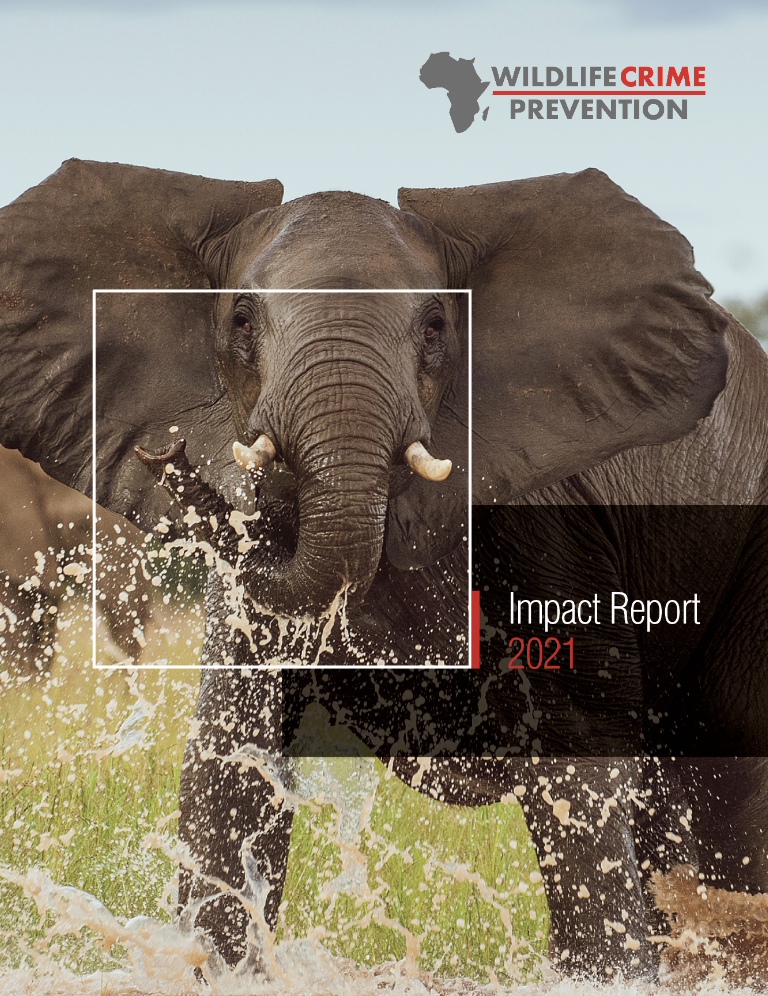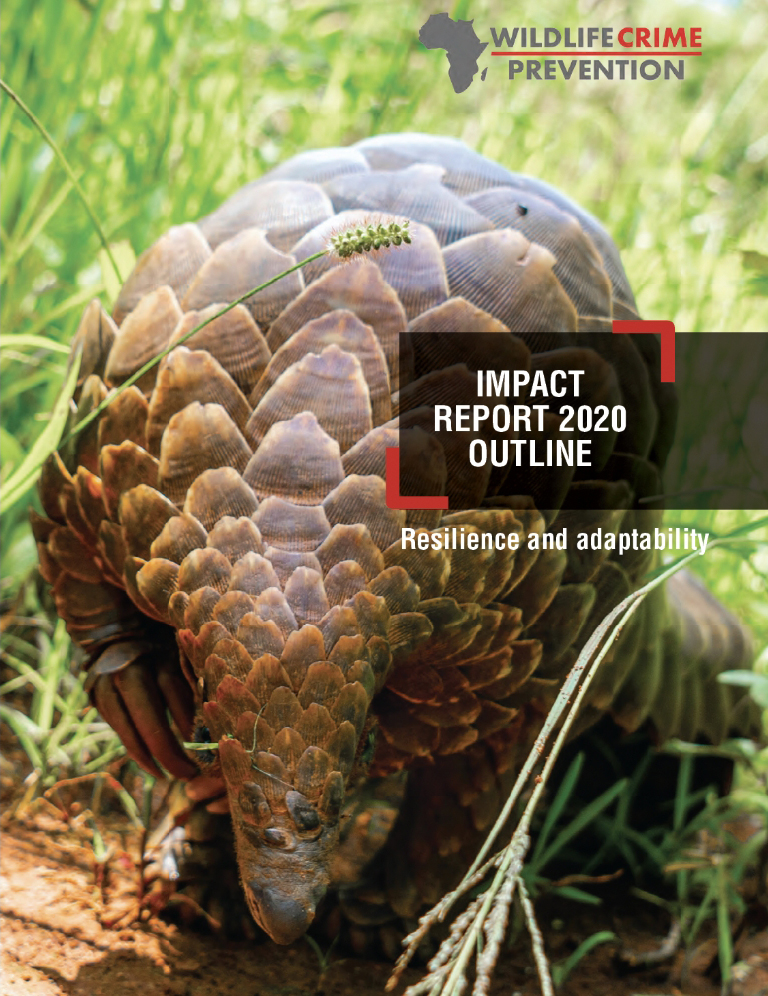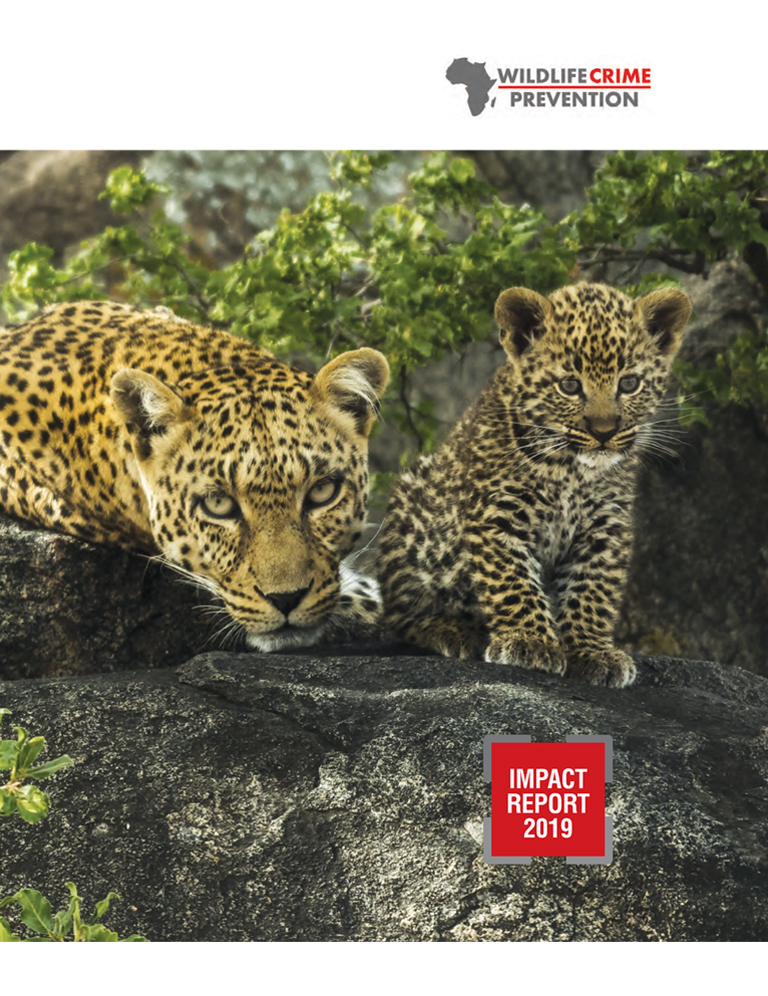Amidst the challenges of poaching and habitat loss, Zambia boasts several success stories in wildlife conservation, particularly in the protection of endangered species. Conservation efforts focused on iconic animals such as elephants, rhinos, and big cats have yielded positive results, thanks to collaborative initiatives involving government agencies, conservation organizations, and local communities.
One notable achievement is the recovery of elephant populations in key protected areas. Through targeted anti-poaching efforts, habitat restoration, and community-based conservation projects, Zambia has witnessed an increase in elephant numbers in recent years. Similarly, initiatives to combat rhino poaching, including the establishment of specialized anti-poaching units and the implementation of rigorous monitoring programs, have helped stabilize rhino populations in select reserves.
Furthermore, community involvement has been instrumental in conservation success stories across Zambia. By empowering local communities to become stewards of their natural resources, conservation programs not only enhance biodiversity protection but also foster sustainable livelihoods and promote eco-friendly practices.
These success stories underscore the importance of collective action and shared responsibility in wildlife conservation. By building partnerships, leveraging resources, and engaging stakeholders at all levels, Zambia demonstrates its commitment to preserving its rich biodiversity for future generations. As these efforts continue to evolve and expand, Zambia stands as a beacon of hope for wildlife conservation in the region and beyond.





